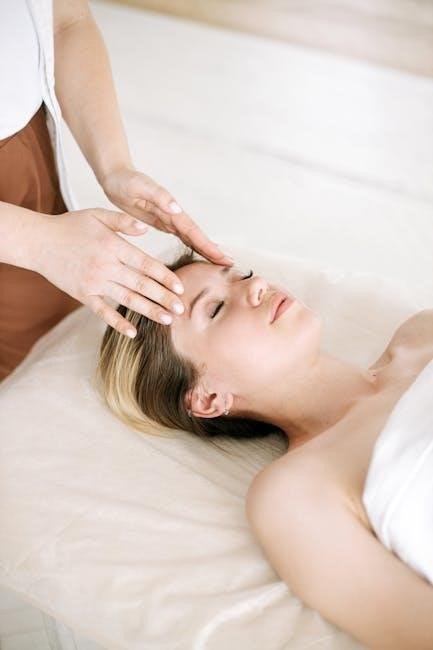Historical Background of African American Cosmetology
African American cosmetology traces its roots to African traditions, with styles like braids and cornrows symbolizing cultural identity and resilience. The early 20th century saw the rise of chemical treatments, such as conking, popularized by figures like Malcolm X, reflecting the complex interplay between assimilation and pride. The post-Civil War era marked the emergence of Black-owned beauty schools, establishing a foundation for the industry’s growth and empowerment within the community.
The Origins of Black Hair Culture in America
African American hair culture originated from African traditions, where braids and cornrows symbolized tribal identity, social status, and spiritual beliefs. Enslaved Africans brought these practices to America, adapting them to survive harsh conditions. Hair became a symbol of resilience and cultural retention, with styles evolving over generations. The legacy of African grooming rituals laid the foundation for modern Black hair culture, blending heritage with new expressions of identity and creativity.
The Impact of Slavery and Segregation on Beauty Standards
Slavery and segregation deeply influenced African American beauty perceptions, with Black features often devalued in favor of Eurocentric ideals. Enslaved Africans faced societal pressure to conform to white beauty standards, leading to practices like hair straightening and skin lightening. Post-emancipation, these beauty norms persisted, with Black individuals often internalizing negative stereotypes. The “Black is Beautiful” movement later challenged these ideals, promoting self-acceptance and redefining beauty on Black terms.
Cultural Significance of Hair in the African American Community
Hair holds profound cultural and symbolic meaning, reflecting identity, heritage, and resilience. Styles like braids and cornrows embody traditions, community bonds, and the celebration of Black beauty and ancestry.
Braids and Their Historical Meaning
Braids have deep historical significance in African culture, serving as a method of communication, cultural identity, and social status. In the African American context, they symbolize resilience and heritage, tracing back to African roots where braids indicated tribe, marital status, and wealth. During slavery, braids were used to hide messages and maps, aiding in escapes. They remain a powerful symbol of cultural pride and continuity, transcending generations and oppression to celebrate Black identity and beauty.
The Role of Hair in Tribal Identity and Social Status
Hair played a pivotal role in African societies, signifying tribal identity, social status, and spiritual connection. Braids and styles often denoted wealth, marital status, and rank, serving as a visual language. During slavery, this cultural practice was disrupted, yet it endured as a symbol of heritage. Today, these traditions continue to empower African Americans, linking them to their ancestral roots and reinforcing cultural identity and resilience.
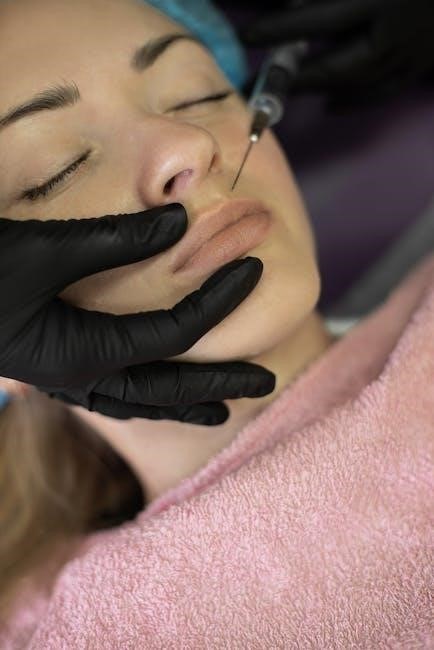
Evolution of Cosmetology Practices Among African Americans
The evolution of African American cosmetology began with early adaptations of beauty rituals from African roots, emphasizing natural hair care and cultural preservation. The rise of Black-owned beauty schools and salons in the early 20th century marked a significant shift, fostering innovation and community empowerment in the industry.
Early Adaptations of Beauty Rituals from African Roots
African American beauty rituals were deeply rooted in African traditions, with practices like braiding and cornrowing serving as cultural preservation. Enslaved Africans adapted these rituals using available resources, blending indigenous techniques with new materials. Natural ingredients such as shea butter and coconut oil were integral to hair and skin care, maintaining a connection to ancestral heritage while navigating a new environment. These early adaptations laid the foundation for future beauty practices.
The Rise of Black-Owned Beauty Schools and Salons
The early 20th century saw the emergence of Black-owned beauty schools and salons, empowering African Americans in the cosmetology industry. Pioneers like Annie Turnbo Malone and Madam C.J. Walker established institutions that catered to Black hair care, fostering economic growth and cultural pride. These establishments became hubs for innovation, offering tailored services and products. The legacy continues, with modern schools like Point of Excellence Beauty Academy paving the way for future generations.
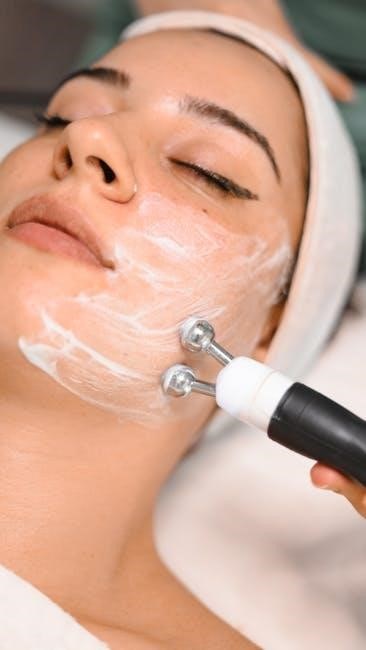
The “Black is Beautiful” Movement and Its Influence
The “Black is Beautiful” movement challenged Eurocentric beauty ideals, celebrating African American features and natural hair. It empowered Black communities, fostering self-love and cultural pride globally.
How the Movement Transformed Beauty Standards
The “Black is Beautiful” movement revolutionized beauty standards by challenging Eurocentric ideals and embracing African American features. It promoted natural hairstyles like afros and braids, celebrating cultural identity. This shift empowered Black individuals to reject societal pressure to conform to white beauty norms. The movement also influenced the cosmetics industry, pushing for inclusivity and diverse product ranges. It fostered self-love and pride, reshaping perceptions of beauty worldwide.
Its Impact on Modern Cosmetology and Self-Perception
The “Black is Beautiful” movement has profoundly influenced modern cosmetology by inspiring a demand for diverse products catering to Black hair and skin. It has fostered self-acceptance, encouraging individuals to embrace their natural features. This cultural shift has led to increased representation in media and the beauty industry, promoting inclusivity and challenging traditional beauty norms. Today, it continues to empower individuals, celebrating African American identity and beauty on a global scale.
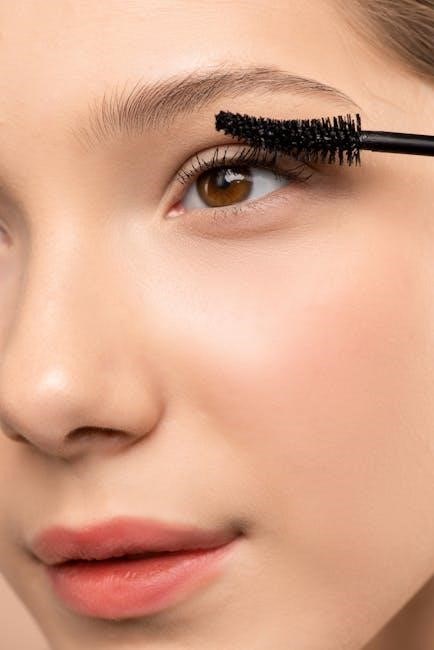
Modern Trends in African American Cosmetology
Popular styles like box braids, cornrows, and natural hair continue to symbolize cultural pride and self-expression, reflecting a broader embrace of African heritage and beauty.
Current Popular Hairstyles and Their Cultural Significance
Box braids, cornrows, and dreadlocks remain iconic, symbolizing resilience and cultural identity. Natural hair embracing kinks and coils has surged, reflecting self-acceptance and pride. These styles, amplified by social media, celebrate African heritage, transcending mere aesthetics to embody empowerment and resistance against historical beauty norms. They connect modern generations to their roots while fostering unity and self-love within the Black community.
The Role of Social Media in Promoting Black Beauty
Social media has become a powerful platform for celebrating Black beauty, showcasing diverse hairstyles and skin tones. It has amplified voices advocating for inclusivity and dismantling Eurocentric standards. Platforms like Instagram and TikTok highlight trends, from box braids to natural hair, fostering a sense of community and pride. Influencers and hashtags like #BlackIsBeautiful have transformed perceptions, making Black beauty a global phenomenon and challenging traditional norms.
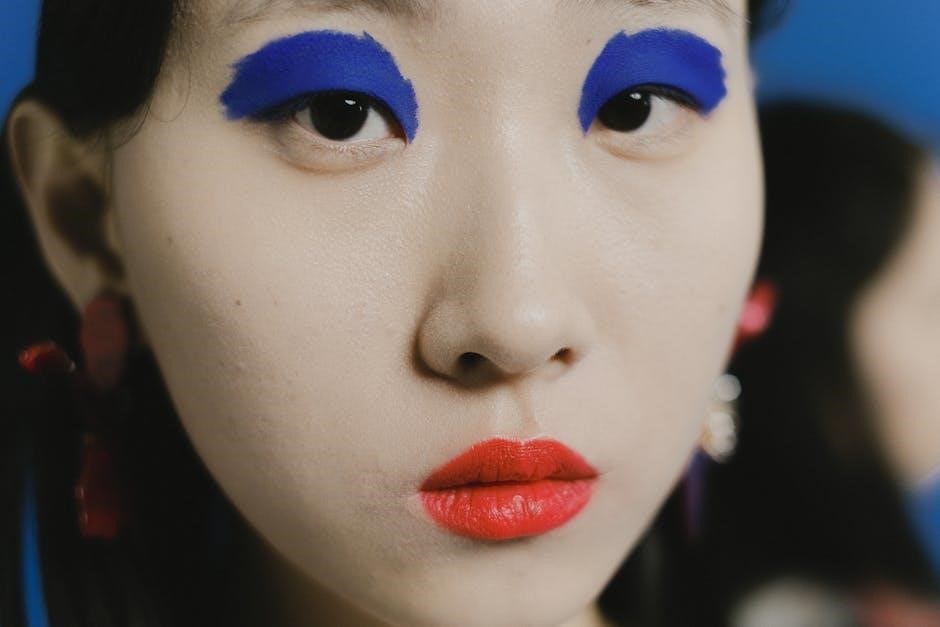
Education and Training in African American Cosmetology
The rise of Black-owned beauty schools, like Point of Excellence Beauty Academy, emphasizes specialized training, preserving cultural heritage and addressing the unique needs of Black hair.
The Importance of Specialized Training for Black Hair
Specialized training is crucial for understanding Black hair’s unique textures and needs, ensuring proper care and styling. Historically marginalized, Black hair requires expertise to avoid damage and maintain cultural integrity. Training preserves heritage, empowering stylists to celebrate diversity and address systemic neglect in beauty standards. It fosters innovation, respecting the distinct characteristics of African American hair.
Notable Institutions and Their Contributions
Historically, institutions like the Point of Excellence Beauty Academy and Madame C.J. Walker’s legacy have shaped African American cosmetology. These schools pioneered specialized training, addressing the unique needs of Black hair and fostering cultural pride. They empowered entrepreneurs, creating products and techniques tailored to African textures, and preserved heritage through education. Their contributions remain vital, ensuring Black beauty standards are celebrated and upheld in the industry.
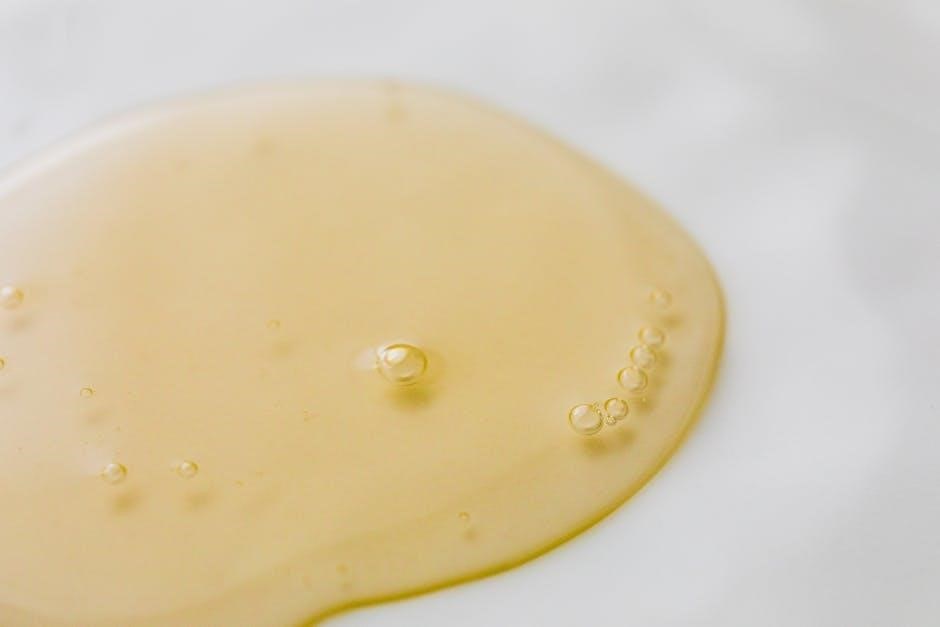
The Role of Cosmetics in African American Beauty Culture
Cosmetics have historically empowered African American women, challenging racial beauty standards. From the “Black is Beautiful” movement to modern innovations, they celebrate identity and foster self-expression.
Historical Use of Cosmetics as a Tool for Empowerment
Cosmetics have long served as a means of empowerment for African American women, challenging racial beauty standards. The “Black is Beautiful” movement emphasized natural beauty, fostering pride and self-acceptance. Early entrepreneurs like Madame C.J. Walker built beauty empires, creating products that catered to Black skin and hair, while also promoting economic independence and cultural affirmation. Cosmetics became a symbol of resistance and identity, transcending mere aesthetics to empower and uplift.
Modern Innovations in Products for Black Skin and Hair
Today, the beauty industry offers tailored solutions for Black skin and hair, addressing diverse needs. Sulfate-free shampoos, hydrating leave-ins, and sunscreens with melanin-friendly SPF are now mainstream. Brands prioritize clean, ethically sourced ingredients, catering to natural hair textures and protective styles. Innovations like curl-defining creams and matte lip colors celebrate Black beauty, ensuring inclusivity and representation, while adhering to high standards of quality and cultural sensitivity.
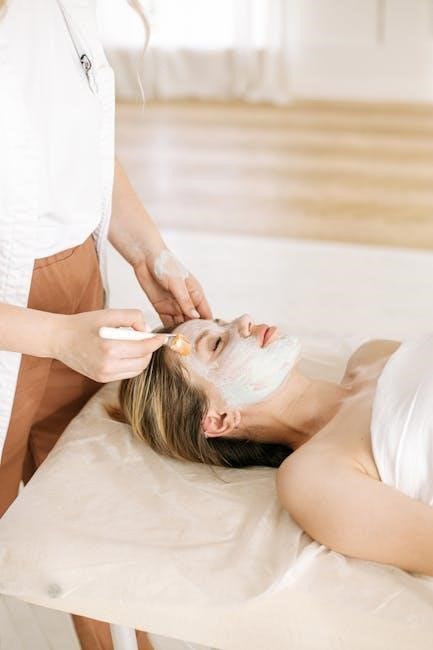
Global Influence of African American Beauty Standards
African American beauty trends, such as box braids and cornrows, have gained worldwide popularity, inspiring global fashion and fostering cultural appreciation for Black aesthetics and diversity.
How Black Beauty Trends Have Impacted the World
African American beauty trends, such as box braids, cornrows, and natural hairstyles, have become iconic globally, influencing fashion and culture. These styles symbolize cultural pride and identity, challenging traditional beauty norms. The global adoption of Black beauty standards has fostered cultural exchange and appreciation, while also driving demand for diverse beauty products; This impact highlights the transformative power of African American aesthetics worldwide, reshaping perceptions of beauty and identity.
International Recognition of African American Cosmetology
African American cosmetology has gained global acclaim, with its innovative techniques and cultural significance resonating worldwide. The artistry of Black hairstylists, from braids to modern styles, is celebrated internationally. The rise of Black-owned beauty schools and their influence on global beauty trends underscores the industry’s impact. This recognition highlights the cultural richness and creativity of African American cosmetology, making it a cornerstone of international beauty culture and identity.
Future Trends and Innovations in African American Cosmetology
Emerging technologies, sustainable practices, and personalized haircare solutions are reshaping the industry. Innovations in natural ingredients and AI-driven styling tools are expected to redefine Black beauty standards globally.
Emerging Technologies and Their Potential Impact
Artificial intelligence and augmented reality are revolutionizing African American cosmetology, offering personalized styling solutions and virtual try-ons. Virtual reality enhances education, enabling immersive training experiences. Automated hair analysis tools provide tailored recommendations, improving care for diverse textures. Sustainable technologies promote eco-friendly product development, aligning with growing environmental consciousness. These innovations not only modernize practices but also preserve cultural heritage, ensuring Black beauty traditions thrive in the digital age.
Sustainability and Ethical Practices in Black Beauty
The Black beauty industry is embracing sustainability through eco-friendly ingredients and ethical sourcing, promoting natural and organic products. Brands prioritize fair labor practices and inclusive marketing, reflecting a commitment to social responsibility. Sustainable packaging and cruelty-free formulations are gaining traction, aligning with consumer demand for environmentally conscious choices. These practices not only support the planet but also empower the community, fostering trust and setting new industry standards.
